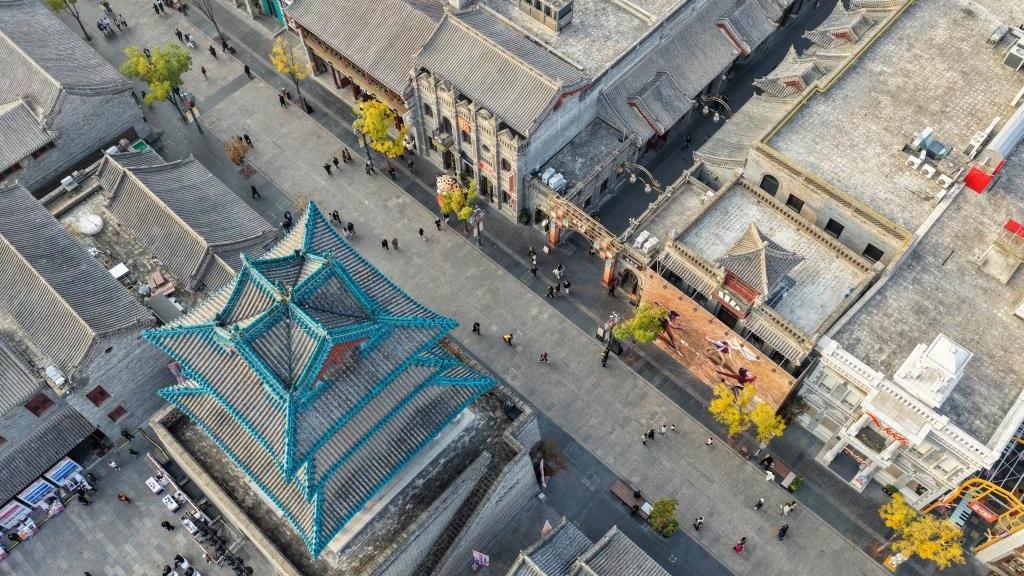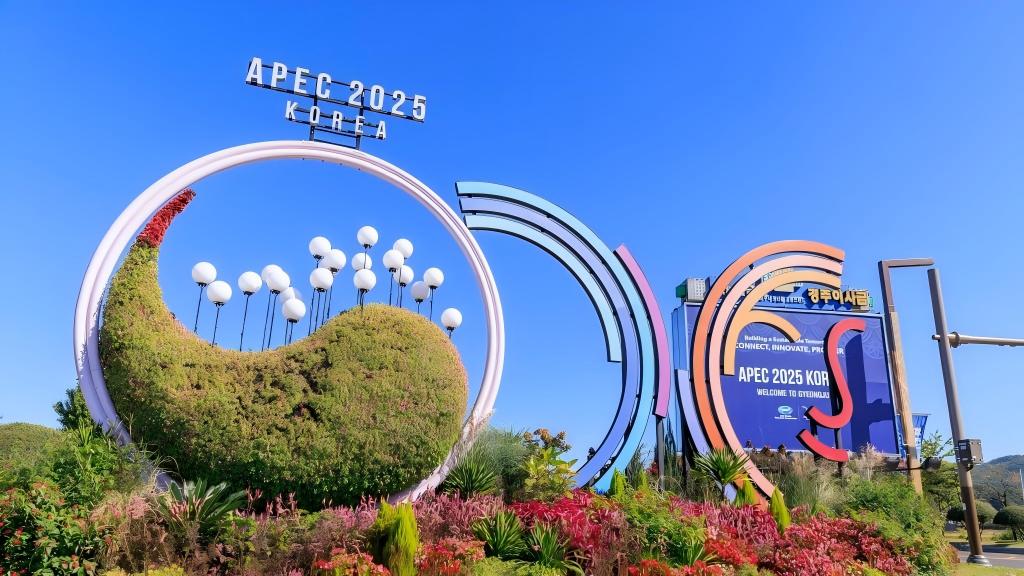China-UK theatrical version of 600-year-old Kunqu Opera debuts
Not everyone has witnessed a live performance of William Shakespeare's timeless plays, and the same is true for Ming Dynasty (1368-1644) playwright Tang Xianzu's masterpiece The Peony Pavilion, a corner-stone of Kunqu Opera. But what if this 600-year-old art form could unfold on the silver screen, accessible like any blockbuster film?
China's first cinematic adaptation of The Peony Pavilionpremiered in Beijing on Tuesday evening, kicking off the Beijing International Theatre on Screen Week. For Zhang Peng, director of the Northern Kunqu Opera Theatre, this project represents his first foray into filming the intricate Kunqu tradition.
"This is a profoundly meaningful experiment," Zhang shared with the Global Times on Wednesday. "It opens the door for global audiences to immerse themselves in the elegance and depth of China's traditional opera. A single live performance might reach a few hundred spectators in one theater, but a filmed version can travel indefinitely, touching viewers in even the most remote corners of the world."
The production marks a bold cross-cultural collaboration with British producers Billy Trevitt and Michael Nunn, whose decade-long portfolio spans grand ballets in world-renowned opera houses to intimate arts documentaries. Yet Chinese opera remained uncharted territory for them.
"The Peony Pavilionis a timeless classic," Trevitt told the Global Times. "We've reimagined it with a contemporary visual language while preserving the soul of its ancient origins. The challenge lies in approaching this revered text with fresh curiosity - asking what it might mean to audiences today."
Trevitt and Nunn have built a reputation for democratizing dance through acclaimed works such as the documentary series Ballet Boyz(1999) and The Next Step(2001), and earned awards for making high art accessible to broader viewership. Their involvement in this Kunqu project extends that mission across continents and centuries.
At its heart, The Peony Pavilionchronicles a poignant romance between Du Liniang, the sheltered daughter of a high-ranking official, and Liu Mengmei, a brilliant but penniless scholar. One of the opera's most celebrated sequences, You Yuan Jing Meng- translated as A Stroll in the Garden and a Startled Dream- captures the ethereal moment when Du Liniang awakens to love in a dream, according to Zhang.
Confronting such an iconic work, Trevitt described the endeavor as "a cherished challenge." "How do we honor the sanctity of the art form and its traditions?" he reflected. "What unique perspective can our background bring to this unfamiliar cultural landscape?"
Unburdened by prior cinematic interpretations, the British duo approached the opera's rich symbolism, music, and movement as raw, vibrant material. "These are some of the most compelling ingredients in world theater," Trevitt said. "Freed from the weight of precedent, we could explore what an outsider's eye might reveal. That creative innocence, I believe, is precisely why we were invited."
The filmmaking process began with meticulous analysis of every element - costumes, gestures, lighting and sound. Following initial discussions earlier in the year, the team rejected the idea of a static recording. "We realized early on that simply documenting a stage performance wouldn't suffice," Trevitt explained. "We wanted to draw the audience deeper into the experience - close enough to feel the tremor of a sleeve, to enter the dream itself."
Many scenes unfold within the realm of imagination or sleep, offering a natural invitation for cinematic intimacy. "These dream sequences allow us to bring viewers inside the characters' private reveries," Trevitt noted. "We can share their unspoken hopes, fears, and desires in ways live theater cannot."
The collaboration was not without obstacles. Cultural differences, technical constraints, and occasional misunderstandings tested the team. Yet rather than stifling creativity, these hurdles fueled innovation. "Every challenge sharpened our adaptability, expanded our skills, and deepened our appreciation for this extraordinary art form," Trevitt reflected.
He emphasized that this film is not intended as the definitive interpretation. "This is merely the latest chapter in a 600-year tradition of reinvention," he said. "The Peony Pavilionhas evolved across generations of artists. Our version is one more voice in that ongoing dialogue."
The cinematic Peony Pavilion, alongside another Chinese production Lin Zexuand international highlights such as National Theatre Live's Hamlet, will screen at prestigious Beijing venues including the Laoshe Theater, the Central Academy of Drama, and the China Film Archive until Sunday.
Through this pioneering fusion of Eastern tradition and Western filmmaking techniques, a centuries-old love story finds new life - bridging cultures, generations, and mediums to enchant audiences worldwide.
Photos
Related Stories
- China firmly opposes British sanctions targeting Chinese enterprises under "Russia-related" pretext
- China warns U.K. against overstretching national security concept, says investment climate at risk
- The real challenge for the UK: breaking free from irrational anti-China rhetoric
- China lodges stern representations with UK over sanctions against 11 Chinese firms: Embassy
- Wartime hero's legacy fortifies Sino-UK bond
Copyright © 2025 People's Daily Online. All Rights Reserved.









